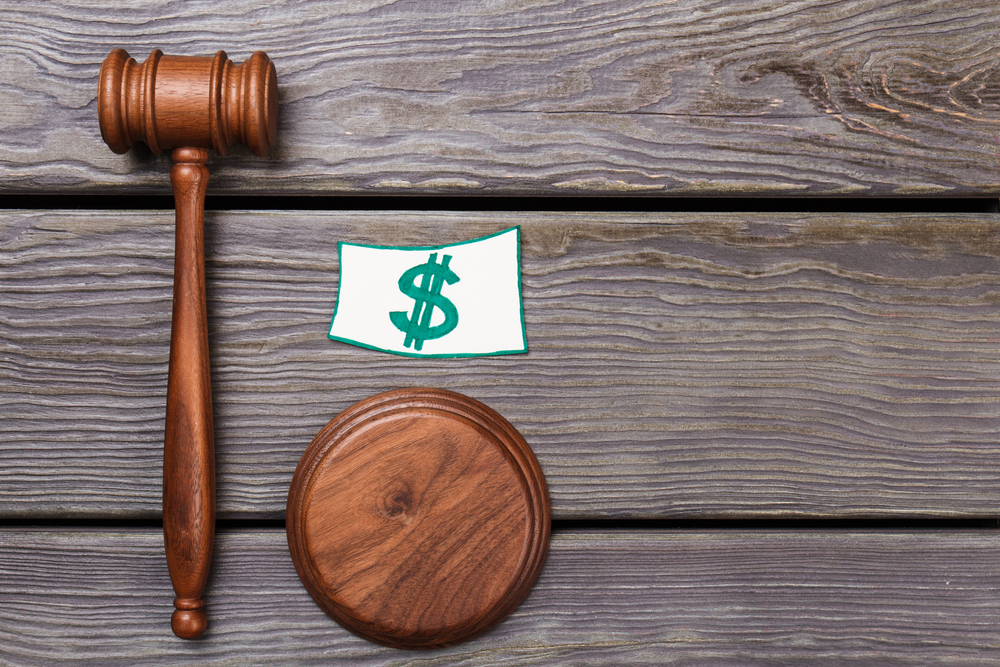Purchase-and-Sale Contract: Your Right to Modify Them
Real estate purchase-and-sale contracts govern the buyer’s and seller’s rights in the transaction. Although standard form contracts are utilized, this does not mean modifications cannot be made. In numerous cases, modifications should be made to clarify the intent of the parties to the transaction. In a recent case, Inlet Colony, LLC v. Martindale, 47 Fla.L.Weekly D1175a (Fla. 4th DCA 2022), the purchase-and-sale contract had a drop dead closing date. There was an addendum to the contract with specific closing terms that stated: Seller and Buyer make the following terms and conditions part of the Contract; Closing will occur [the] later of...
Continue reading













